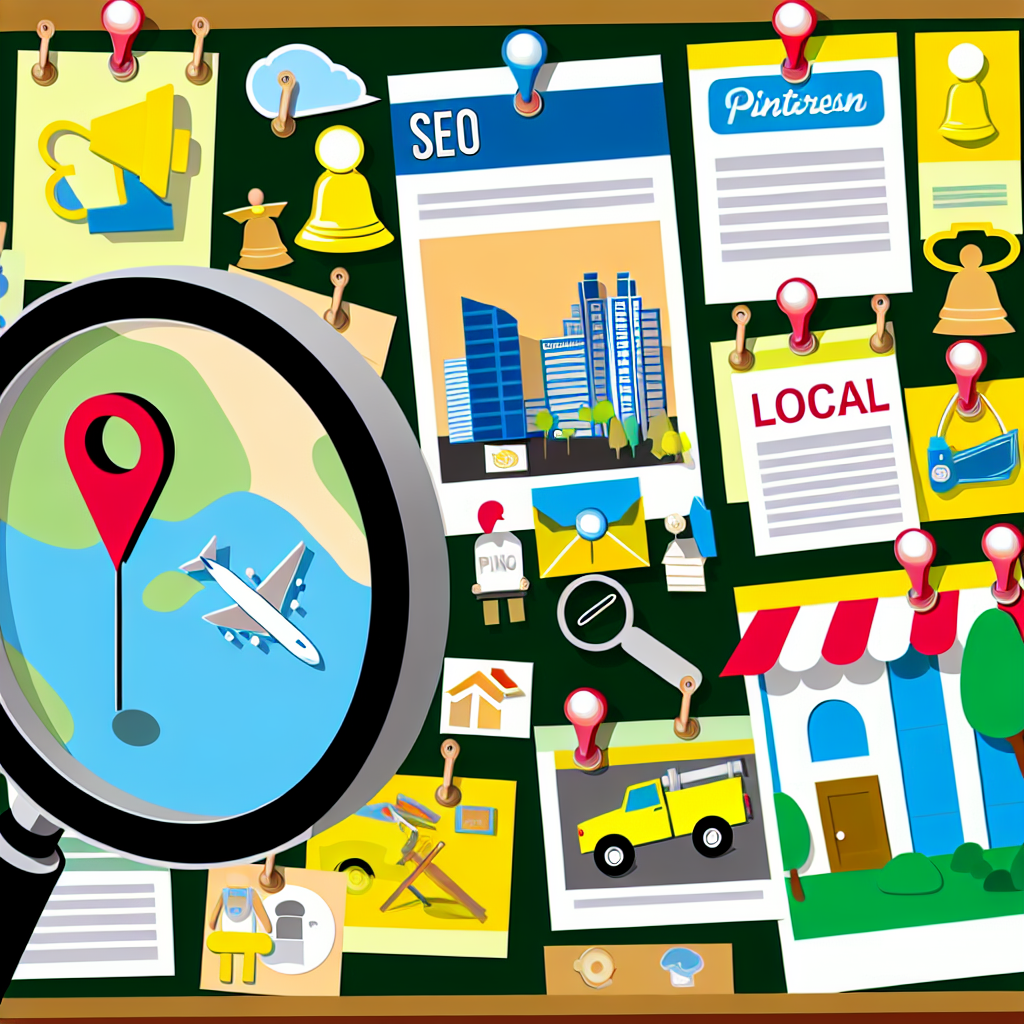The Future of SEO: How AI Is Revolutionizing Search Engine Optimization
Search Engine Optimization (SEO) has undergone dramatic transformations over the last decade, but none as paradigm-shifting as the impact of Artificial Intelligence (AI). For C-suite marketing and SEO professionals navigating the digital frontier, understanding how AI reshapes the SEO landscape is no longer optional—it’s a strategic imperative. What once focused primarily on keyword density, backlinks, and manual audits has become a dynamic intersection of real-time data processing, algorithmic intelligence, machine learning models, and predictive analytics. The future of SEO is intrinsically linked with AI technologies, which now guide everything from search intent analysis to content generation and personalization.
AI and SEO: Backed by Industry Research and Results
Recent professional, academic, and case-based research provides compelling evidence of the transformative impact of AI in SEO. A 2023 report published by McKinsey & Company titled “The State of AI in 2023” revealed that high-performing companies integrating AI into marketing workflows saw a 20% to 30% uplift in digital engagement metrics, including organic traffic and conversion rate growth. This clearly demonstrates the ROI value of embedding AI into SEO strategies.
Academic Evidence: Machine Learning Powers Better Content Optimization
A Stanford University study evaluated machine learning’s role in content creation and found that AI-generated content often scored higher in information density, semantic alignment, and ultimately in search rankings, particularly when NLP (Natural Language Processing) models were used. This aligns with Google’s use of sophisticated NLP-driven algorithms like BERT and MUM, which prioritize content that matches real human intent and phrasing rather than just keyword frequency.
Healthcare SEO Transformation: AI in Action at Harvard Medical School
In the highly regulated health and medical space, AI is driving tangible results. Harvard Medical School’s 2022 internal case study demonstrated that using AI auditing and optimization tools resulted in a 40% increase in first-page rankings within just 90 days. This was largely due to AI’s ability to assess and suggest updates aligned with Google’s E-A-T (Expertise, Authoritativeness, Trustworthiness) standards—critical for health and finance-related content categories.
AI-Driven Predictive SEO Is Changing the Game
Gartner predicts that by 2025, 80% of marketers will abandon traditional personalization efforts due to poor ROI—unless AI is employed to refine targeting and engagement through predictive strategies. AI’s ability to forecast search trends using contextual data and machine learning empowers brands to create content and targeting strategies ahead of time, gaining a competitive advantage.
AI in Technical SEO: Boosting Site Health and Page Experience
Technical SEO continues to evolve, with AI tools helping marketers and developers fix foundational issues that affect rankings. IBM’s Watson platform provided measurable results, helping brands reduce broken links by 34% and improve core web vitals such as load speed. With Google placing increasing importance on UX metrics as ranking factors, AI’s role in monitoring and optimizing these elements is invaluable in sustaining digital performance.
Conclusion: AI + SEO = Strategic Digital Superiority
The convergence of AI and SEO represents not just a trend, but a strategic evolution with long-term implications for enterprise digital strategy. AI automates the repetitive, enhances human decision-making, and unlocks powerful insights, allowing SEO teams to innovate with precision. For C-suite executives, investing in AI-driven SEO initiatives is no longer speculative—it’s essential to sustaining growth and competitive positioning in an algorithm-driven world.
Summary:
The article explores how Artificial Intelligence (AI) is revolutionizing Search Engine Optimization (SEO), driving a strategic shift in how enterprises approach digital marketing and content optimization. It delves into the industry research, academic studies, and real-world case studies that demonstrate the transformative impact of AI on SEO, from content generation and optimization to predictive analytics and technical site improvements. The article underscores the imperative for C-suite executives to embrace the fusion of AI and SEO as a critical component of future-proofing their digital strategy and maintaining a competitive edge in the algorithm-driven digital landscape.
References:
– [McKinsey & Company – The State of AI in 2023](https://www.mckinsey.com/capabilities/quantumblack/our-insights/the-state-of-ai-in-2023-generative-ais-breakout-year)
– [Stanford University – Natural Language Processing and Search Optimization](https://nlp.stanford.edu/pubs/)
– [Google AI Blog – Understanding Search with BERT](https://blog.google/products/search/search-language-understanding-bert/)
– [Harvard Medical School – The Digital Transformation of Health Communication](https://postgraduateeducation.hms.harvard.edu/thought-leadership/digital-transformation-healthcare)
– [Gartner – AI Personalization Insights](https://www.gartner.com/en/newsroom/press-releases/2020-09-30-gartner-says-80–of-marketers-will-abandon-personalization-efforts-by-2025)
– [IBM – Watson AI SEO Case Study](https://www.ibm.com/case-studies/watson-ai-seo)

Dominic E. is a passionate filmmaker navigating the exciting intersection of art and science. By day, he delves into the complexities of the human body as a full-time medical writer, meticulously translating intricate medical concepts into accessible and engaging narratives. By night, he explores the boundless realm of cinematic storytelling, crafting narratives that evoke emotion and challenge perspectives.
Film Student and Full-time Medical Writer for ContentVendor.com
